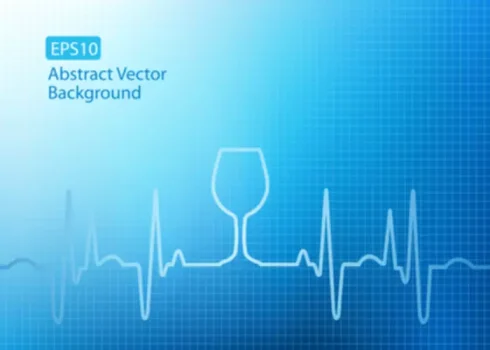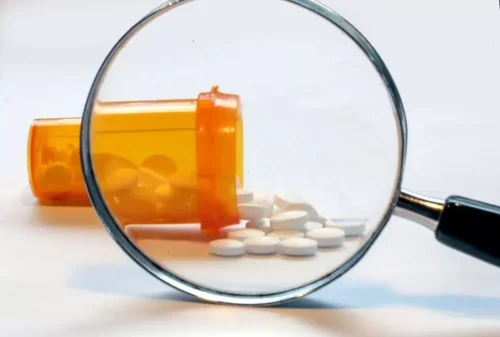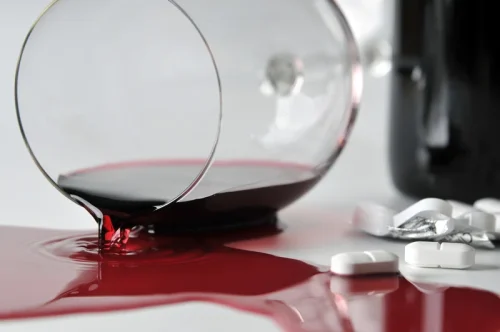Alcohol Withdrawal: How to Get Through It

Behavioral treatment programs are helpful for people who want to quit drinking. These programs involve working with a team of mental health professionals in a group and individual setting. If you’ve been drinking for a long time, you may experience withdrawal symptoms when you quit drinking. Your health care provider or mental health provider will ask additional questions based on your responses, symptoms and needs.
Behavioral Treatment
Through therapy, support groups and medication, you’ll be supported on your path to recovery. Framing sobriety as a temporary challenge versus a permanent lifestyle change can make it easier to stay sober for the long haul. “For psychologists, many of them are addiction-informed, and in their advertisements or on their websites they will mention that specifically,” Dr. Lembke said.
Alcohol advice
Alcohol has a way of seeping into various parts of your life, including how you spend time socializing and how you spend time by yourself. One of the most exciting—and sometimes intimidating—parts of becoming sober is discovering who you are without alcohol. Inpatient and outpatient treatment facilities are another effective place to surround yourself with people who will walk you through detox and recovery with no judgment. Positive support persons are those who recognize your goals and stand by you as you work to accomplish them. They’re the people you feel safe being vulnerable with, and you trust to hold you accountable.

How To Quit Drinking Alcohol
Feeling at your best physically can boost resilience and emotional strength, equipping you to weather challenges that trigger the desire to drink. That said, you don’t need to say anything more than “No, thanks.” Practicing your refusal ahead of time can help How to Stop Drinking you feel more comfortable and confident when you find yourself in a situation that involves alcohol. From month-long sobriety challenges to the Sober Curious movement, more and more people are taking a closer look at the role alcohol plays in their lives.

If your body is used to a certain amount of alcohol, you may feel certain effects when you stop. How you feel when you stop drinking is largely based on how often and how heavily you drink. People who only drink occasionally probably won’t notice any physical or psychological symptoms. People who have a severe reaction to quitting alcohol should seek emergency treatment.

Drink water.
- Emotionally, you may feel some anxiety or sadness about ending a chapter of your life and nervousness about the future.
- Your health care provider or counselor can suggest a support group.
- They can provide recommendations to help you avoid harmful side effects.
- Some find tapering is not a suitable option to stop drinking due to various factors such as social responsibilities or peer pressure.
Another essential element of your plan to quit drinking is to identify the barriers or obstacles that might make achieving your goals more difficult. Whatever your reason to quit drinking, know that you’re doing yourself a favor. Alcohol impacts our sleep, relationships, https://ecosoberhouse.com/ weight, risk for serious chronic conditions and more. Any information published on this website or by this brand is not intended as a substitute for medical advice, and you should not take any action before consulting with a healthcare professional.

Sometimes, they may experience seizures and delirium tremens (DTs). Tapering is also a strategy used by people with a substance or alcohol use disorder (AUD). However, improper tapering could lead to relapse, overdose, and severe health consequences. And, emotionally, alcohol can make you not only more anxious, but more irritable, more impulsive and less inhibited — not just after a drink, but compounded over time, says Dr. Mosquera.
- Acknowledge what sparked your desire to drink and hone in on that trigger.
- The study also showed that there was no single treatment approach that was right for every individual.
- This is alcohol withdrawal, and it causes uncomfortable physical and emotional symptoms.
- Take our free, 5-minute alcohol misuse self-assessment below if you think you or someone you love might be struggling with alcohol misuse.
- However, it’s still possible to experience withdrawal symptoms.
When those cravings kick in, it’s normal to feel anxiety, fear or shame. These negative emotions coupled with a desire to drink are challenging to navigate, especially alone. One of the best places to find support outside of your network of family and friends is at support groups, like AA (Alcoholics Anonymous).

Eat before and in between drinks.
You may want to take a family member or friend along, if possible. Drinking alcohol can contribute to a variety of cognitive issues, including poor memory, slow reaction time, impaired impulse control, and poor concentration. Over time, drinking can also damage nerve cells and contribute to a loss of brain volume. The brain also begins to repair some of the damage and shrinkage you may have experienced while drinking. One study showed that after 6 weeks of abstinence from alcohol, brain volume increases by an average of 2%.

